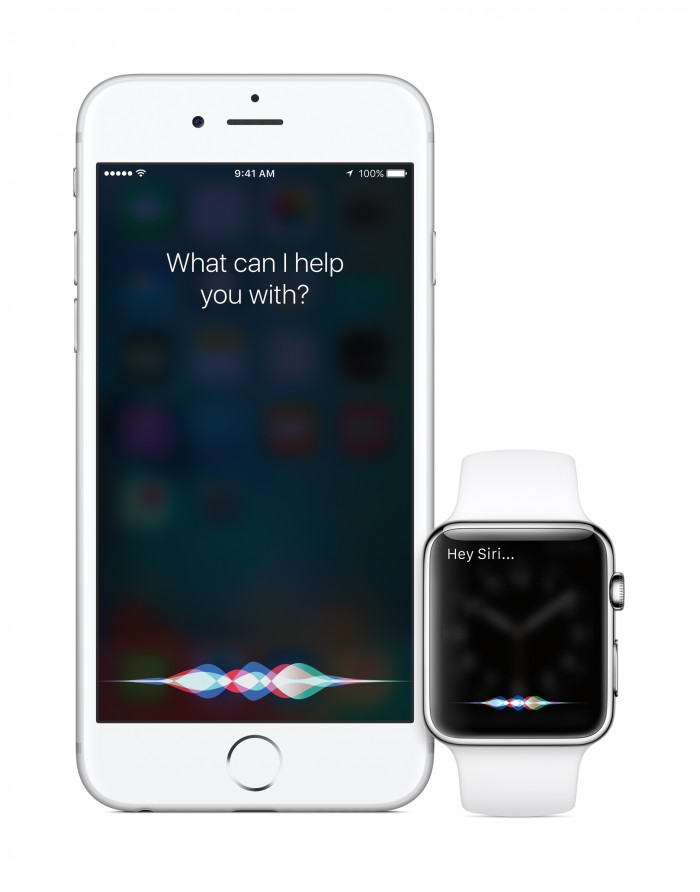Apple Wants to Make Siri Far More Powerful
Apple has found itself in an unfamiliar position: it is lagging behind several other technology companies, and has just announced plans to play catch-up.
When Siri first launched in 2011, it was a sensation—awkward voice-activated interactions with computers seemed like they would soon be a thing of the past. Ads for the iPhone featured celebrities having seemingly smooth, natural conversations with Siri, getting valuable information and sharing jokes.
Since then, though, Siri hasn’t changed much, and today Apple finds its personal assistant in danger of falling behind in a field suddenly crowded with competitors including the Amazon Echo, Facebook M, and Google Assistant, which was just announced last week.

Apple is famous for tightly controlling its products, a habit that has allowed the company to maintain meticulously high design standards. But in the case of Siri that habit may have held it back. The Echo, for example, boasts a wide and fast-growing array of capabilities, including allowing you to order an Uber and adjust the lights in your home. That’s the direct result of allowing outside developers to work with the device’s software and dream up new uses for it. All of the other tech giants with an interest in virtual assistants have done the same thing.
Now, as The Information reported late Tuesday, it seems Apple is following suit. The company is looking to significantly revamp Siri as part of a plan to launch a device that will rival the likes of the Echo and Google Home. A software developer kit could be ready in time for Apple’s annual developers conference next month.
Despite the aggressive push into software assistants and voice recognition by seemingly all of Silicon Valley’s biggest consumer tech firms, though, a big question remains as to whether normal users really want to talk to their devices all the time. IPhone owners interact with Siri a lot, but they primarily only do so when they want Siri to call someone, send a text, or set an alarm.
Perhaps because of this, Apple has traditionally treated Siri as a feature that helps sell iPhones rather than as a way to make money unto itself. Still, if Apple can harness developers’ creativity to imbue Siri with the power of apps throughout the iOS ecosystem, it could well result in the type of product that we can’t wait to have a chat with.
(Read more: The Information, Washington Post, “Siri-Killer Viv Faces an Uphill Battle,” “Google Thinks You’re Ready to Converse with Computers,” “Google to Developers: Here’s How to Stop Making Dumb Chatbots”)
Keep Reading
Most Popular
Large language models can do jaw-dropping things. But nobody knows exactly why.
And that's a problem. Figuring it out is one of the biggest scientific puzzles of our time and a crucial step towards controlling more powerful future models.
The problem with plug-in hybrids? Their drivers.
Plug-in hybrids are often sold as a transition to EVs, but new data from Europe shows we’re still underestimating the emissions they produce.
Google DeepMind’s new generative model makes Super Mario–like games from scratch
Genie learns how to control games by watching hours and hours of video. It could help train next-gen robots too.
How scientists traced a mysterious covid case back to six toilets
When wastewater surveillance turns into a hunt for a single infected individual, the ethics get tricky.
Stay connected
Get the latest updates from
MIT Technology Review
Discover special offers, top stories, upcoming events, and more.